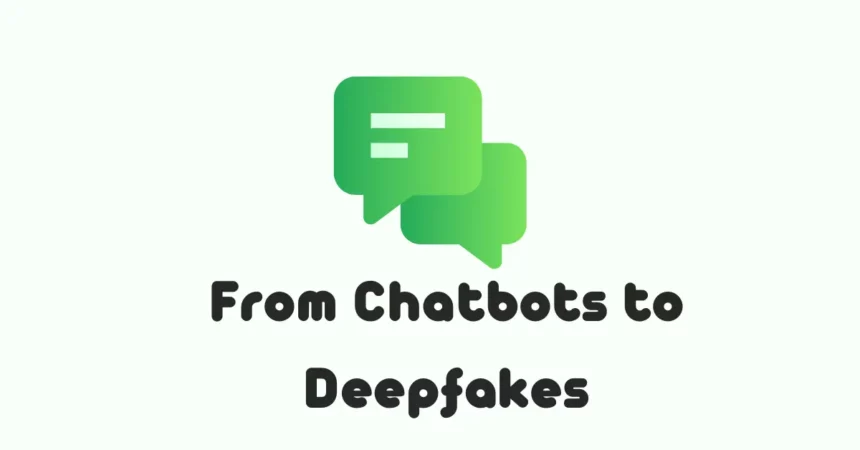Artificial Intelligence (AI) has revolutionized how we interact with technology and continues to do so at an ever-increasing pace. From chatbots to deep fakes, AI has the potential to change the way we live and work. In this article, we will explore the evolution of AI and how it has changed our world.
Chatbots: A New Era of Customer Service
Chatbots have become a common sight in online customer service and have changed how we interact with companies. Chatbots are AI-powered programs that can answer questions and assist customers, usually through a chat interface. They have become popular due to their 24/7 availability, quick response time, and ability to handle multiple inquiries simultaneously.
However, chatbots could be better. They can need help with complex inquiries that require human empathy or a deep understanding of the customer’s problem. They cannot also read emotions, leading to misunderstandings and frustration.
Natural Language Processing: The Key to Effective Chatbots
One of the biggest challenges for chatbots is understanding natural language. This is where natural language processing (NLP) comes in. NLP is a branch of AI that uses natural language to interact with computers and humans. It allows chatbots to understand the intent behind a customer’s inquiry and respond in an accurate and helpful way.
NLP is constantly improving and can transform how we interact with technology. It could lead to almost indistinguishable chatbots from humans, creating a seamless and intuitive customer service experience.
Deepfakes: A Double-Edged Sword
While chatbots have positive implications for customer service, deep fakes are a much more controversial application of AI. Deepfakes are AI-generated images, videos, or audio designed to look and sound like real people. They are created using advanced machine learning algorithms that can manipulate and combine images and audio in a highly realistic way.
On the one hand, deep fakes have the potential to revolutionize the film and entertainment industry, allowing for the creation of highly realistic characters and environments. They could also be used in training simulations or to create digital avatars for people who cannot appear in person.
On the other hand, deep fakes have also been used for malicious purposes, such as creating fake news or spreading disinformation. They could be used to blackmail or harass individuals or even to impersonate political or public figures.
The Ethics of AI
The emergence of AI has raised many ethical questions, particularly around the use of deep fakes. While the technology has many positive applications, it also has the potential to be misused in ways that could have serious consequences. As AI continues to evolve, we must discuss how it should be used and regulated.
Conclusion
AI can change our world, from improving customer service with chatbots to revolutionizing the entertainment industry with deep fakes. However, we must approach the technology cautiously and ensure it is used ethically and responsibly. As we continue to develop AI, we must also ask ourselves what kind of world we want to live in and how we can use this powerful technology to create it.
More About AI:









